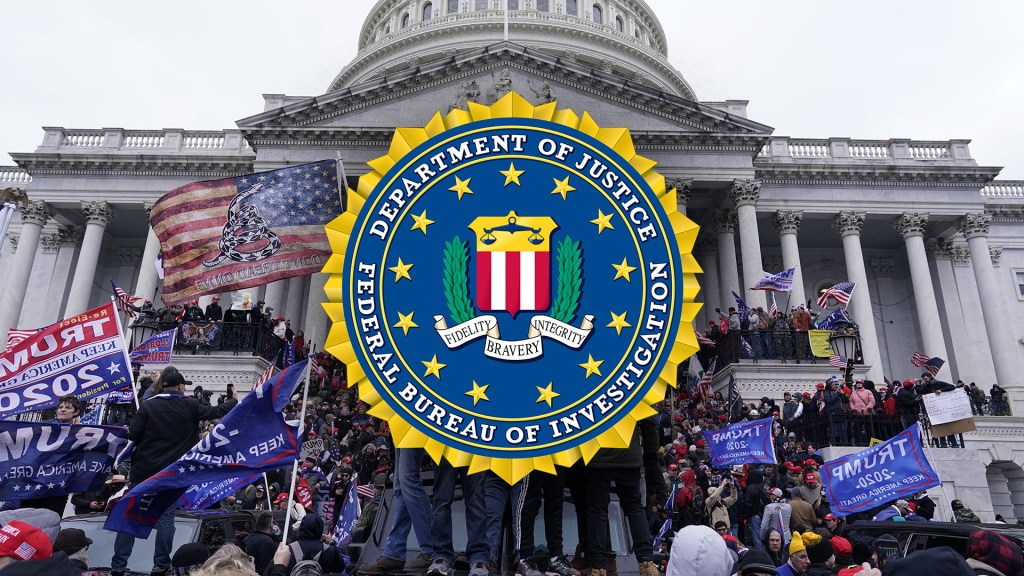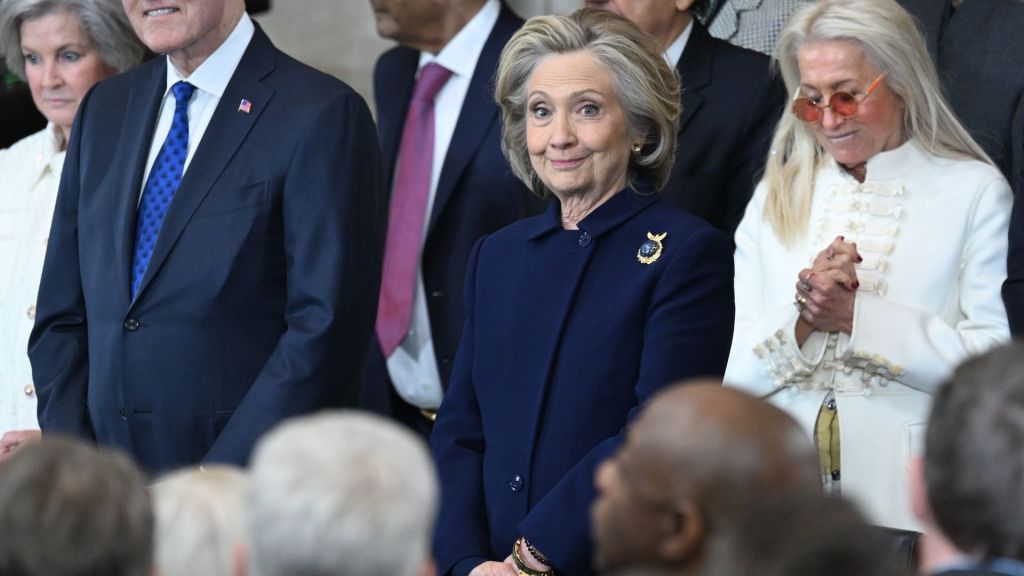
Commentary
-
Our commentary partners will help you reach your own conclusions on complex topics.
I feel awful. I had Covid about a month ago and am still experiencing some of the aftereffects — mostly lethargy — but I can’t really blame how I’m feeling on the virus because I wasn’t exactly feeling sparkly and vivacious beforehand. And I’m typically a pretty energetic person so the fact that for the past few year all I’ve wanted to do was sleep, it merits notice.
I’m not alone here. I’d would say that 80% of my friends and family to whom i’ve mentioned this sort of extended malaise are feeling similarly.
They’re depressed, or overwhelmed by seemingly small things. They’re deeply, deeply anxious. And the feeling doesn’t seem to be going away.
Of course it’s not just the grownups feeling the mental weight of years of lockdowns, economic insecurity, fears for the physical and mental well being of themselves and others, not to mention everything else from racial injustice to global instability to the never-ending procession of school shootings.
Our children have also been subjected to what amounts to an extended social experiment with unknown outcomes.
The pandemic has had an unquestionably massive effect on virtually everyone, whether they fell ill themselves or suffered the loss of a loved one, or lost their job or “just” suffered through the depression and anxiety that comes with all of this. But the mental health implications long-term of Covid — they remain a mystery.
Generally speaking, the pandemic has been tied to worsening psychiatric symptoms. The World Health Organization, for example, reported a 25% increase in the prevalence of anxiety and depression worldwide.
And the increased exposure to stress has resulted in increase in what experts refer to as incivility — basically, rudeness — as anyone who’s been on an airplane in the last year or so can attest.
Eating disorders have increased by approximately 25% and substance abuse issues have skyrocketed.
But how people adapt to significant life changes, it depends on countless factors, and so the mental health ramifications of Covid on the individual are going to be necessarily varied.
Some people, for example, might react by start focusing more on their own mental health and wellness while others might focusing more on world events and deprioritize their own well-being. Screen time and virtual interactions are way, way up — and remote work and online interaction is going to have an outsized impact for the foreseeable future.
And of course in many individuals this can lead to feelings of isolation and depression and anxiety, but it can also create opportunities for increased connectivity and inclusivity, and even a better work/life balance.
All this said, perhaps one of the fundamental problems here is that we’re all trying to get “back to normal.” Except time doesn’t go in reverse, we can’t evolve backwards.
Perhaps the best possible outcome is not a return to so-called normalcy, but rather an acknowledgement of what the pandemic showed us about our shared humanity — our need for connection, and empathy, and community — and an acknowledgment of the preciousness of human life — both our own, and that of others.
-
LA needs your help, not your political commentary
It’s been one week since a series of wildfires began in Los Angeles, California that has since claimed at least 25 lives and forced at least 92,000 residents to evacuate. Firefighters estimate that they’ve still only contained as little as 17% of the Palisades Fire, and warn that very high winds might continue feeding the… -
What will Melania do in Donald Trump’s 2nd administration?
For generations, U.S. presidents‘ first ladies have had the opportunity to make significant contributions to American society. Abigail Adams advocated for women’s rights, while Eleanor Roosevelt championed civil rights. Betty Ford and Rosalynn Carter brought attention to substance abuse and mental health awareness. Hillary Clinton worked on health care reform, and Michelle Obama led health… -
Prepare for the public debate on assisted suicide
Assisted suicide is a controversial new subject in political debates around the world. Modern medical technologies enable humans to end their own lives quickly and painlessly, with dignity and on their own schedule, which advocates say is often a better option than spending many years suffering in debilitating pain from terminal, uncurable illnesses. Two-thirds of… -
Comedy is a bastion of Democratic strength
“Saturday Night Live” responded to President-elect Donald Trump’s reelection with satirical support, with actor James Austin Johnson insisting that the cast and crew had supported him for years, that they had all voted for him, and proclaiming: “…[Trump is] going to make an incredible president and eventually king.” Another cast member added: “We can’t wait… -
Trump’s Mar-a-Lago interview is a preview of troubles ahead
In a wide-ranging interview on Dec. 16, U.S. President-elect Donald Trump talked tariffs, vaccines, drones, immigration and more. When pressed on vaccines, the incoming president defended the polio vaccine specifically, but made no promises that any other vaccines would remain available to Americans under his second administration. Watch the above video as Straight Arrow News…
Latest Opinions
-
 Getty Images
Getty Images
Pirate treasure: Kid finds phenom Paul Skenes’ rookie baseball card
-
 Reuters
Reuters
2K migrant caravan begins journey to US amid new Trump border security orders
-
 Getty Images
Getty Images
'I was guilty': Jan. 6 pardon recipient says she'll reject it
-
 Getty Images
Getty Images
Ex-wife of Pete Hegseth denies abuse allegations amid confirmation process
-
 Getty Images
Getty Images
Jury selection begins in A$AP Rocky’s gun trial over 2021 shooting
Popular Opinions
-
In addition to the facts, we believe it’s vital to hear perspectives from all sides of the political spectrum.






